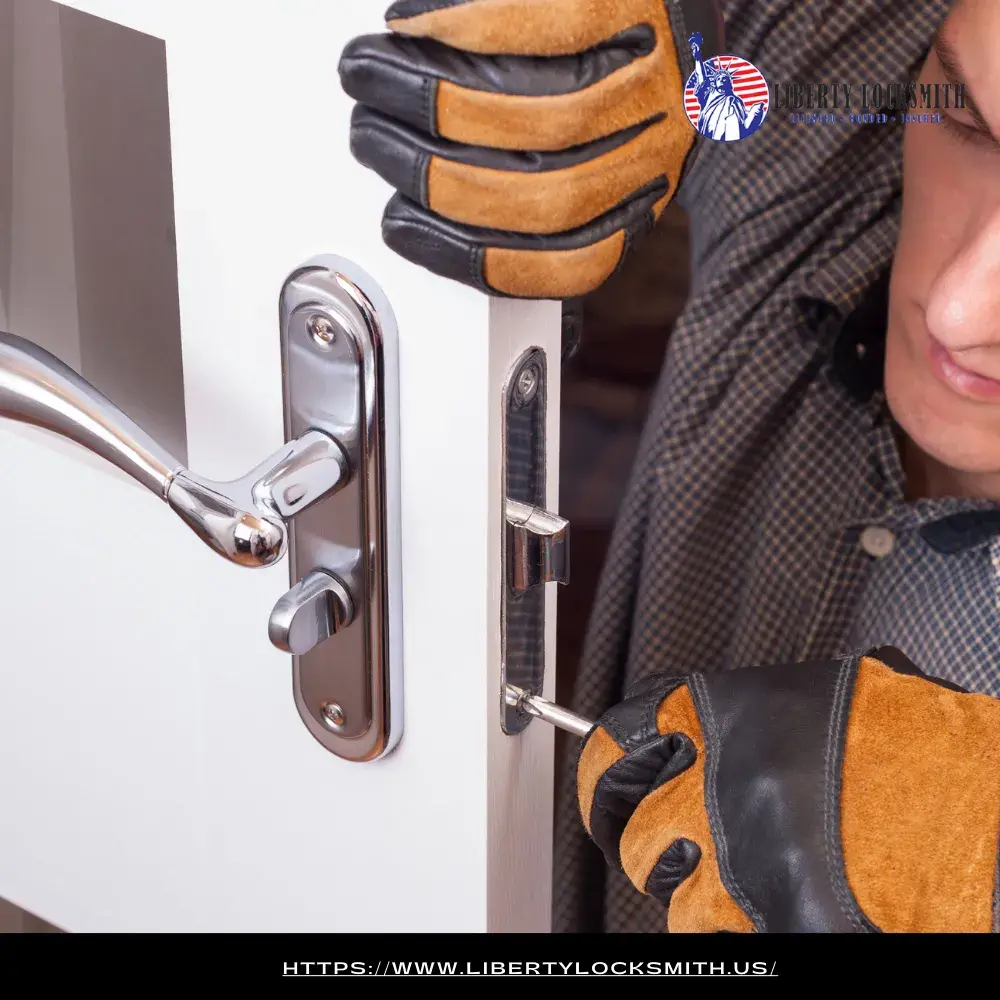Locks are essential for home security, but like any mechanical device, they can wear out or malfunction over time. From sticky locks and broken keys to misaligned deadbolts, these common issues can leave your home vulnerable or cause frustrating lockouts. Instead of struggling with a faulty lock, calling a residential locksmith is the best way to restore your security and peace of mind.
A professional locksmith can diagnose and fix various lock problems quickly, whether it’s a simple repair, rekeying, or a complete lock replacement. They have the right tools and expertise to handle jammed locks, key extraction, and smart lock malfunctions without damaging your doors.
In this guide, we’ll go over the most common home lock issues and explain how a residential locksmith can solve them. Whether your lock is sticking, loose, or completely broken, there’s always a solution.
Sticky or Jammed Locks? A Residential Locksmith Can Help
Sticky or jammed locks are one of the most common issues homeowners face. Over time, dirt, dust, and rust can build up inside the lock, making it difficult to turn the key. In some cases, misalignment between the lock and strike plate can also cause a jam, preventing the door from closing or locking properly.
A residential locksmith can fix this issue by cleaning and lubricating the lock mechanism, ensuring it operates smoothly. If the lock is rusted or too worn out, they may recommend replacing or rekeying it to prevent future problems. Additionally, they can adjust the strike plate or door alignment to make sure the lock functions as it should.
Trying to force a jammed lock can result in a broken key stuck inside, making the situation even worse. Instead of struggling, calling a professional locksmith ensures a quick and damage-free solution.
Broken Keys in Locks? A Residential Locksmith Has the Solution
A broken key stuck inside a lock can be a nightmare, leaving you locked out or unable to secure your home. This often happens when a key is old, weakened, or turned too forcefully inside the lock. Attempting to remove the broken piece yourself can push it deeper, making the situation worse.
A residential locksmith has the right tools to safely extract the broken key without damaging the lock. In many cases, they can cut a new key on the spot and test it to ensure smooth operation. If the lock is damaged or old, they may suggest rekeying or replacing it to prevent further issues.
To avoid future key breakage, locksmiths recommend using high-quality keys and avoiding excessive force when unlocking doors. If you experience resistance when turning a key, it’s best to have your lock checked before a break occurs.
Loose or Worn-Out Locks? A Residential Locksmith Can Fix It
Over time, locks can become loose due to frequent use, improper installation, or worn-out internal components. A loose lock not only makes it harder to secure your door but also increases the risk of break-ins. If your key wobbles inside the lock or your deadbolt doesn’t fully extend, it’s time to call a residential locksmith.
A locksmith can inspect the lock and determine if it needs tightening, realignment, or a full replacement. In many cases, they can reinforce the strike plate, replace internal parts, or install a brand-new high-security lock for added protection.
Ignoring a loose lock can lead to lock failure or even complete detachment from the door, leaving your home exposed. Calling a professional locksmith ensures your locks remain sturdy and functional, keeping your home safe from intruders.
Read More:
Residential Locksmith Services: How to Keep Your Home Safe and Secure

